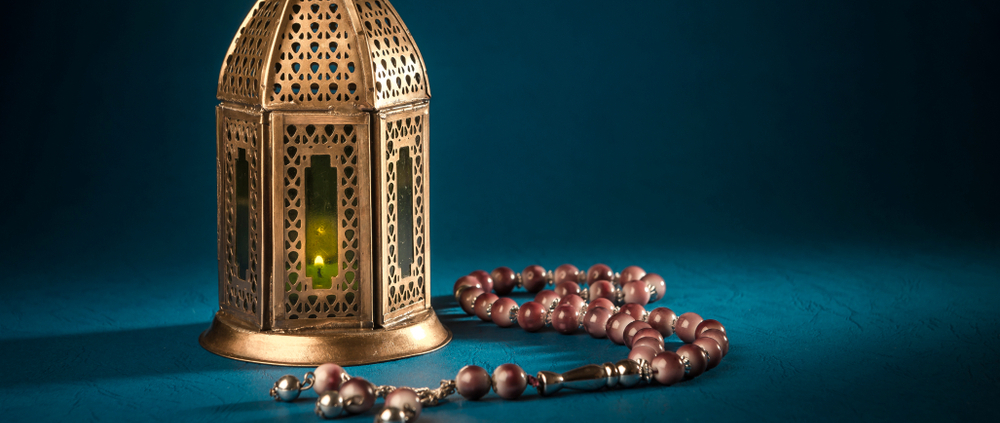Which Deeds Should I Prioritize During Ramadan?
Answered by Shaykh Abdullah Anik Misra
Question
I have a chronic illness and often lack energy. I would like to know which deeds in Ramadan (beyond fard) I should prioritize.
For example, is it better to memorize the Quran or pray tarawih? Is there more reward to read the Quran or make dua?
Answer
In the Name of Allah, the Most Merciful and Compassionate
May Allah Most High bless you with health and energy and make it easy. Your intention in asking this question gives hope of reward since you ask how to worship your Generous Lord best, and He is Most-Appreciative of your concern.
One rule of thumb is to look at the hierarchy of rulings to prioritize acts. Therefore, after the fard (fasting and the five obligatory prayers) and wajib (witr) acts, the emphasized sunnas (al-sunna al-mu’akkada) come next in priority. Thus, the sunna prayers attached to each obligatory prayer are best. After that, the nightly tarawih prayers are also highly emphasized and take the next priority over other types of worship.
If you would like to do more, perhaps variegate your worship with reading the Quran, as reading it is very blessed this month. I have not heard of memorization itself being emphasized in this month particularly. Still, rather it is a time to read, reflect, and build a relationship with the entire Book of Allah from cover to cover, if possible. Also, memorization can require more energy in a state of fasting for some, while recitation is much easier by Allah’s grace.
As for remembrance of Allah [dhikr], this can be done throughout the day in a way that is interspersed with your daily tasks and does not take up any energy.
Focus your dua on the moments before breaking the fast at Maghrib time and before the fast begins before Fajr commencing. When you are tired from other worship, dua from the heart in any position or situation is reasonable to do, even without the optimal etiquette if one is tired.
The aim is to be consistent each day, even if the extra deeds done are few. The Prophet Muhammad (Allah bless him and give him peace) said, “… The most beloved deeds to Allah are the most consistent ones, even if they are few.” [Bukhari]
Do what you can, and rejoice in whatever you are enabled to do because every act is indeed a gift from Allah in this blessed month. Be balanced and gradual and focus more intense worship for the last ten nights, particularly the odd nights, but only as much as you can without hardship. The Prophet Muhammad (Allah bless him and give him peace) said,
“Only undertake good deeds that are within your ability [without hardship or boredom].” [Bukhari]
Wassalam,
[Shaykh] Abdullah Anik Misra
Checked and Approved by Shaykh Abdul-Rahim Reasat
Shaykh Abdullah Misra was born in Toronto, Canada, in 1983. His family hails from India, and he was raised according to Hindu tradition. He embraced Islam in 2001 while at the University of Toronto, where he completed a Bachelor of Business Administration. He then traveled overseas in 2005 to study the Arabic language and Islamic sciences in Tarim, Yemen, for some time, as well as Darul Uloom in Trinidad, West Indies. He spent 12 years in Amman, Jordan, where he focused on Islamic Law, Theology, Hadith Sciences, Prophetic Biography, and Islamic Spirituality while also working at the Qasid Arabic Institute as Director of Programs. He holds a BA in Islamic Studies (Alimiyya, Darul Uloom) and authorization in the six authentic books of Hadith and is currently pursuing specialized training in issuing Islamic legal verdicts (ifta’). He holds a certificate in Counselling and often works with new Muslims and those struggling with religious OCD. He is an instructor and researcher in Sacred Law and Theology with the SeekersGuidance The Global Islamic Seminary. Currently, He resides in the Greater Toronto Area with his wife and children. His personal interests include Indian history, comparative religion, English singing, and poetry.
